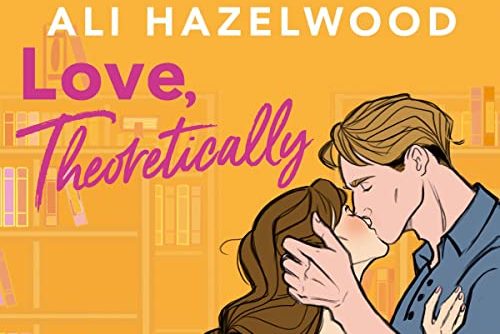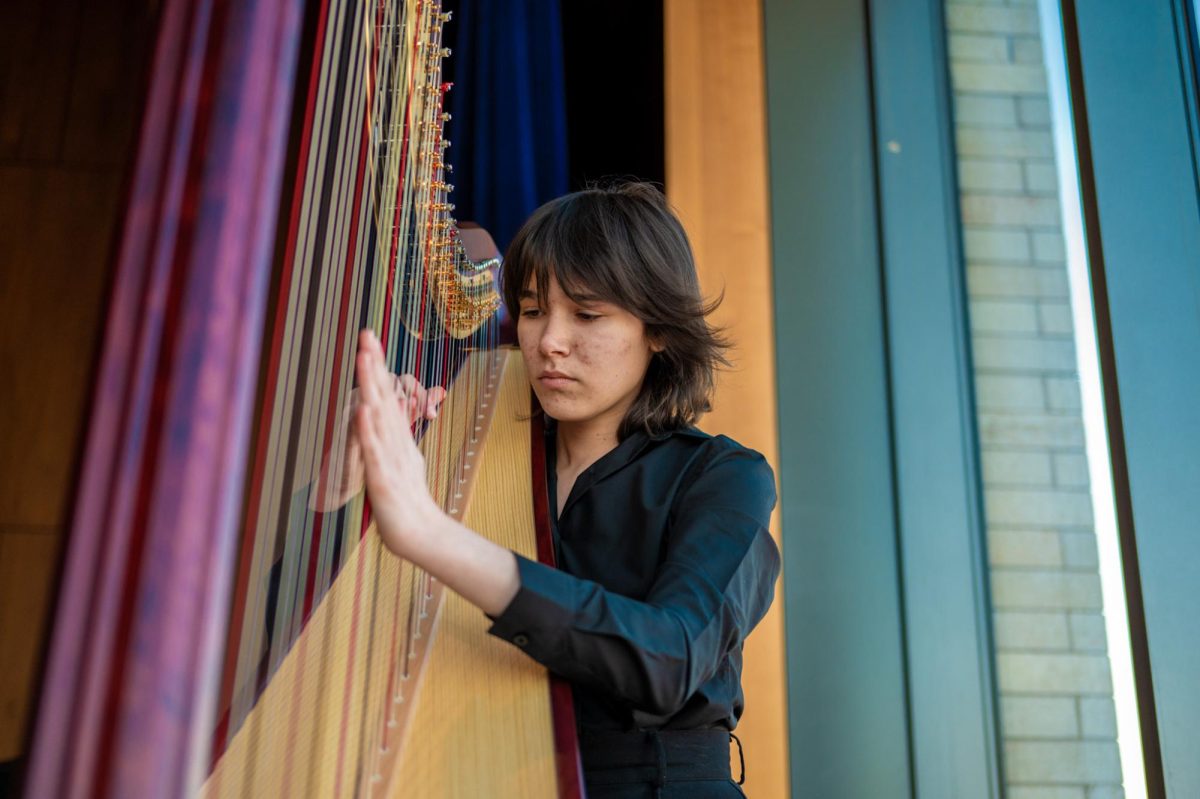
Author Ali Hazelwood is considered a feminist; the cover of her new novel “Love, Theoretically” promises a “delightfully STEMinist rom-com.” She is famous for creating empowering tales of female scientists making it in the intimidating “man’s world” of STEM-based academia — all with romance, spice and wit.
But the truth, as clearly shown in the book, is that Ms. Hazelwood seems to believe that if you are, in fact, a woman in STEM, you will be undermined, manipulated, gaslit and essentially made miserable until a tall, handsome alpha male sweeps in to save you.
The novel tells the story of Elsie Hannaway, a theoretical physicist juggling a career as a hardworking adjunct professor with a second job — as a fake girlfriend-for-hire for lonely men who need an escort to family and professional events. Yes, you read that right.
Hazelwood goes out of her way to reassure readers that Elsie’s services do not include physical intimacy: she is not a prostitute. However, it is still clear that Elsie’s “second job” makes her, a character who is supposed to be an innovative and ambitious scientist, an object and accessory for men.
This cliché premise is tough to make inoffensive, and there is evidence that Hazelwood tried. But her attempts are undermined by the fact that Elsie’s main love interest, aloof experimental physicist Jack Smith, treats her with about the same level of respect as her paying clients. Throughout their disturbingly paternalistic relationship, he is simply not nice to her— which is nothing new in alpha-male romance novels, but it is still disheartening.
It doesn’t help that there is nothing especially compelling about our protagonist. No matter her situation, you can bet Elsie is armed with an extremely dated quip, joke or reference; she brings up the 2009 “Twilight” novel series to proclaim herself “Team Bellice 4evah.” This painfully written one-liner illustrates the book’s complete lack of believable modern slang. The language reads exactly like what it is: a millennial author trying and failing to write convincing Gen Z characters.
Elsie is also constantly saying some thinly veiled version of “I’m not like other girls.” Much of her quirkiness comes from attempts at establishing herself as not afraid to be different from her female peers, like in another clunky pop culture reference: “Everyone went after Legolas, but I was an Aragorn girl.” Actual feminist novels do not pit women against each other or try to distinguish their characters in this way, even over something so trivial as “Lord of the Rings” characters.
It’s clear what Hazelwood was trying to do here. “Love, Theoretically” is meant to be an empowering story of a young woman trying to balance multiple versions of herself until she finally meets someone she trusts enough to forge a genuine connection. Unfortunately, the narrative reads like another tale of a quirky, naive female protagonist who is ultimately more interested in romance than her career, identity or female friendships. In the end, she needs a six-foot, attractively coldhearted man to make her happy when nothing else can.





















































